 SELECTED
ISSUE
SELECTED
ISSUE
|
|
Leisure Management - Continuing professional development

Everyone's talking about

|
|
| Continuing professional development
|

If spas are going to be taken seriously by the medical industry, partner
with wellness providers and be seen as places to heal, does continuing
professional development need to be mandatory? Kath Hudson reports…
|


With spas crossing over into the medical and wellness realm, therapist skill sets are changing photo: shutterstock/Lopolo
|
|
|
Continuing professional development (CPD) can take many forms – self-learning, courses, work-based training and sharing reflections. As wellness is such a broad arena the opportunities for CPD are immense. There’s so much potential for therapists to diversify their skills into different modalities and specialise in a certain area, so it seems sensible for CPD to be something which all therapists and operators commit to. But does this mean it should be compulsory?
As the industry seeks to gain further credibility with both clients and the medical sector, mandatory CPD might be beneficial. It also makes sense given the growing crossover between spa, wellness and medical facilities. But in a vast, global industry with various schools, colleges and educators, even if that’s desirable, would it be practical?
What would be the advantages of making CPD mandatory and what are the obstacles? We talk to key stakeholders to canvass their opinions.
|
Nikos Kouremenos
Education and project manager, Raison d’Etre
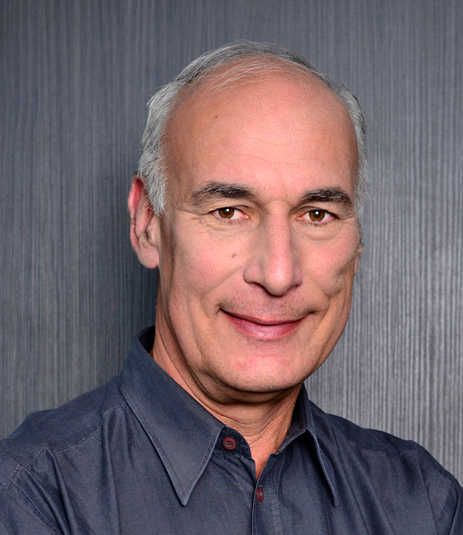
photo: Raison d’Etre
CPD is necessary as many therapists lack formal qualifications and it’s difficult to tell by looking at a CV who can really do the job. Several therapists don’t have a college certificate or diploma: they’ve attended a massage school, or a course run by a private organisation and then acquired some professional experience along the way. Numerous certifying organisations, colleges and institutions around the world are not even accredited by a recognised body.
Besides the abilities required for the specific position, there are other competencies which therapists need to acquire, such as interpersonal skills, self-organisational abilities and sales experience. Many therapists don’t consider sales to be part of their work, however, promoting the products used in a treatment or additional therapies is often well received, and even appreciated, by guests.
There are some recognised certifying bodies, such as CIDESO, which offer a number of courses which can provide additional knowledge and value to spa professionals. The American College of Sports Medicine (ACSM) also has an Exercise Is Medicine Credential for wellness practitioners and fitness instructors who receive referrals from healthcare teams.
One of the issues of making CPD mandatory is the question of who could enforce it since it would not be a straightforward task and is likely to differ from country to country. Perhaps on a global scale, ACSM or CIDESCO could take it on. It could also be led by something similar to the European Register of Exercise Professionals, an organisation which vets and lists qualified fitness professionals.
Although there’s a clear need for CPD, it might not be essential to make it mandatory. The industry might take care of that itself as ambitious therapists and aspiring managers, looking to make their CVs stronger and climb the career ladder, identify what knowledge they lack.
If we make CPD mandatory,
who could enforce it?
Erika Ferreira
Global head of marketing, CIDESCO
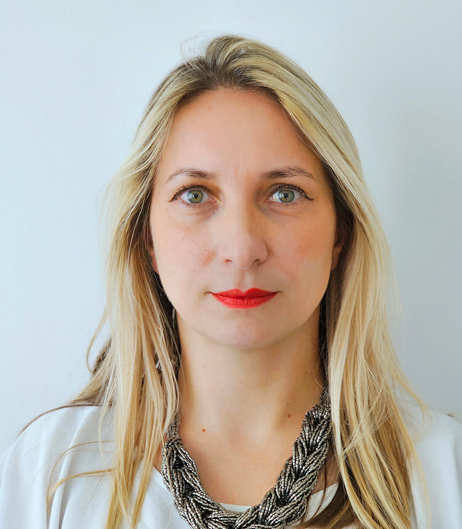
photo: Gladylyn Stefanescu
We’ve seen the basic level of college training of therapists decline due to market changes and insurance companies covering practitioners with reduced hours of training. Standards vary around the world – some qualifications require up to three years of training, while others only look for as little as 300 hours.
In light of this, CPD courses help to maintain high standards of work and enhance career prospects. As therapists encounter changing regulations within the industry, and advancements in techniques, CPD is an essential way to keep up.
CIDESCO receives a lot of requests from leading spas and hotels for its graduates and the demand far outweighs the number of therapists graduating each year. A CIDESCO diploma can take a student up to 1,200 hours longer to be trained, which is a high financial burden and time commitment on students, but the rewards are greater due to the demand for CIDESCO graduates.
While CPD is so important to keep therapists up to date with all areas of treatments and their own professional development and employability – especially as our industry continues to evolve – making it mandatory would have to be a government initiative.
The US has a form of obligatory CPD, overseen by the government, where therapists need to gain credit points, by taking registered programmes, to maintain their license to operate. I feel it should be mandated in all countries. Knowledge is one thing no one can take from you and with better training your client will have a better experience.
CPD is essential to keep up
with changing regulations and
advancements in techniques
Khursheed Irani
Director of global training and development, Subtle Energies
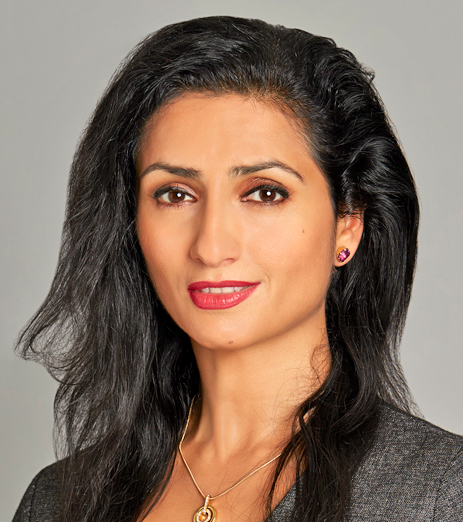
photo: Subtle Energies
Generally in the complementary medicine space, you have to conform to a certain standard before you can practice and this usually includes CPD points. Regulations, however, vary from modality to modality. They’re usually led by therapy-specific associations, but then offshoot organisations crop up and have a different set of standards. From my own experience, I know that in countries such as Australia and the US, therapists have to meet overarching, government-recognised qualifications to be able to practice.
Generally, we find that those who attend beauty colleges, don’t have much experience of body mechanics, or the necessary finesse to be able to talk to clients or simply how to drape correctly. So, CPD is needed to cover these areas, as well as to further enhance body workers’ techniques and retail skills.
However, it also has to be acknowledged that some therapists who haven’t had a huge amount of formal education, like in Asia, often take on our training very well and deliver it with integrity. Conversely, those with a lot of formal training can act like they already know it.
Although it would be positive for spas to make CPD mandatory, it’s a huge task to have one body cover and streamline such a broad industry with so many different modalities. A managed portal with a list of qualified brands and treatments may act as a solution for therapists to collect their CPD points, which should cover education and practice. In the absence of this, we believe it should be incumbent on spas to commit to yearly courses for their therapists, or at least offer dedicated time for reviews of the modalities they offer.
Subtle Energies doesn’t award certificates straight after training courses, we go back six months to a year later to assess people. The certificate also has an end date, which means we have to keep reassessing them. Although this is time-consuming, this ensures the quality and standards remain high.
It’s a huge task to have one body cover and streamline qualifications in such a broad industry
Emma Darby
COO, Resense
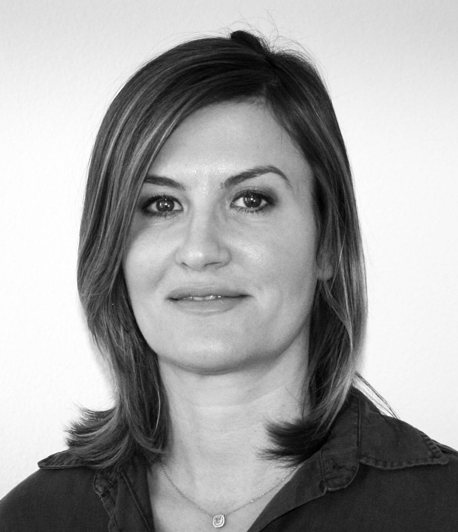
photo: Resense
We recruit from all over the world and the standard of therapists varies greatly. Some countries spend longer on their training, others have massage and touch as part of their culture and now the formal training is catching up. However, in some countries, such as the UK, there are currently gaps in the education system and many of the skills are taught as a box-ticking exercise.
At no point in their education are therapists taught any business acumen which would help them in a management position later on in their career, for example using a spreadsheet or PowerPoint, taking inventory, understanding the cost of treatments and buying in bulk and KPIs. All of these are key skills and would mean that the industry could retain talented individuals who sometimes leave after they’ve had children.
Although CPD is obviously desirable, making it mandatory could add a lot of pressure. If spas invest in developing their staff and they stay loyal, that’s fantastic. But, on the flip side, if employees get trained and leave, spas are paying for someone else’s future. For smaller companies, this could be challenging. Therefore, I wouldn’t advocate making CPD mandatory, but I think spas should make use of it to attract and retain talent and to be seen as a preferred employer.
As an industry, we also need to start speaking to the educational bodies about what operators need and the level that we expect therapists to come out of school with.
Spa operators must start speaking to the
educational bodies about what they need
Monica Mescol
Spa manager, Lefay Resorts
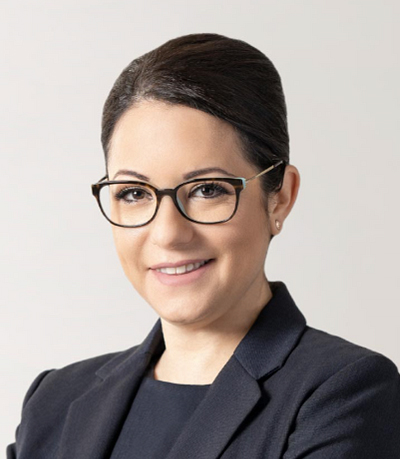
photo: Lefay Resorts
There is a skills shortage in the spa industry, but we find it’s more about the ability to provide great guest experiences and the soft skills, rather than the hard skills and manual techniques.
When therapists come out of college, they know the theory and techniques well, but these alone are not enough to satisfy the great need for excellence in luxury hospitality. Only soft skills, sensitivity and understanding can make a difference. Therapists also need to undertake field experience.
Lefay offers more than 50 signature treatments developed in association with doctors and requires therapists to carry out all these protocols so we had to take matters into our own hands. We’ve always offered in-house training, but have just formalised this and launched our own spa academy. Our course starts at the time of recruitment and offers an intense theoretical background and practical on-the-job training, with a total duration of three years.
It would be difficult to make CPD mandatory. The industry is still barely aware of the need and reluctant to accept it. Few operators understand the importance of the human and holistic dimensions of treatments in a luxury and holiday context. Many believe technical skills and knowledge are still more important.
We took matters into our own hands
and launched a spa academy

Lefay found skills in delivering a luxury experience are also lacking / photo: Lefay
Sue Harmsworth
Integrative health, wellness and spa expert
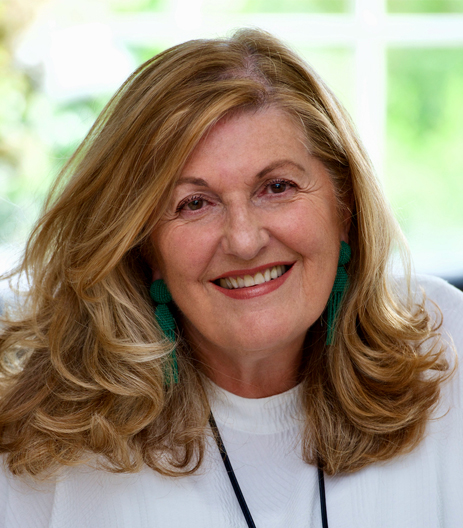
photo: Sue Harmsworth
Up until the 80s & 90s, most new therapists were at least 20 years old and had done a minimum of two years of training in advanced massage, in-depth skincare, hygiene and more. In Eastern Europe and other regions, training was much longer and more intense, and in Asia, most workers had no formal education but an instinct for holistic treatments.
With the growth of spas, however, courses got shorter and employees younger. Now there are courses as short as 12-24 weeks and quick routes to employment, such as apprenticeships, which aren’t government-approved. If we don’t get the basics right then it’s difficult to do effective advanced and post-graduate courses.
This is creating the perfect storm – more educated consumers, higher expectations for spas to address lifestyle issues and younger therapists without the necessary qualifications to deal with them.
As the industry morphs from spa to wellness/wellbeing/integrative health and medical, it’s going to need more advanced therapists and practitioners. Is mandatory CPD the answer? Probably. But I’m not sure. Employers surely have to ensure staff can treat anyone – whether they’re obese, have had a triple heart bypass, have been affected by cancer or any other lifestyle conditions. But you probably need a government body to enforce it.
What I do know is that we need to offer therapists education and a career pathway that enables them to continue to grow and branch out into other roles such as those focusing on wellness coaching, mental health, nutrition and many others. Fields such as psychology and nutrition will need longer, approved courses, but shorter postgraduate modules could cover things such as advanced massage, spa etiquette, life skills, how to talk to people and understanding contraindications.
Dovetailing with this, we need to make sure therapists are also reimbursed according to their experience and skill set. This is the only way to retain and grow talent.
Employers surely have to ensure
staff can treat anyone
|
|
 |
| Originally published in Spa Business 2024 issue 1
|
|
 |
|